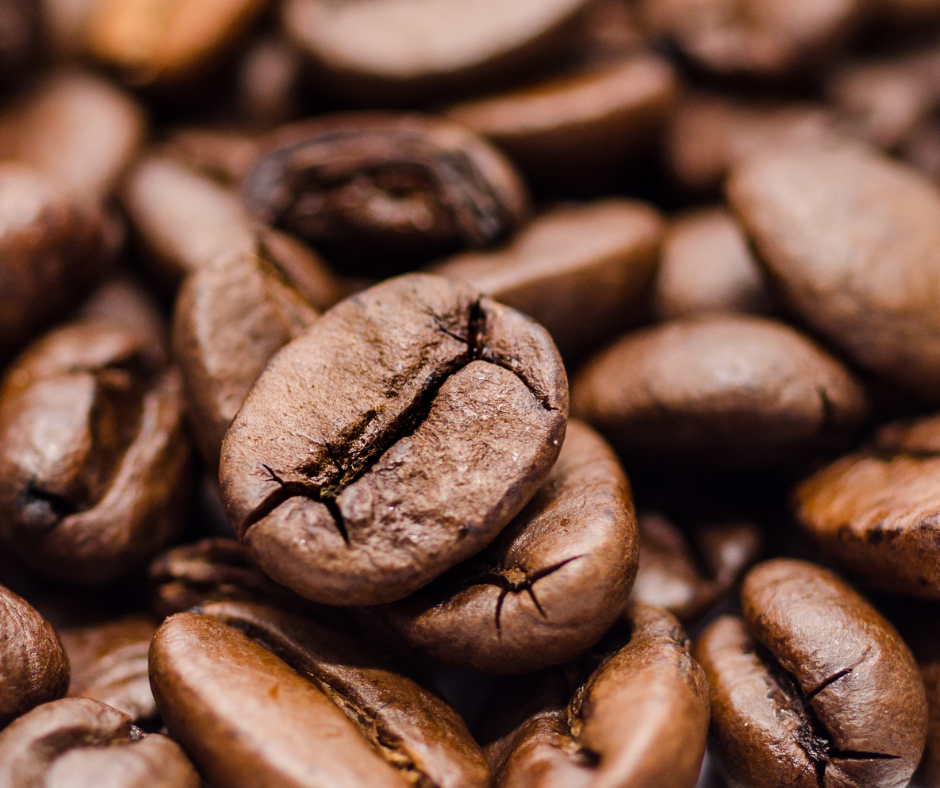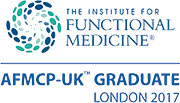Nutrition Confusion: you are not the only one
Jul 11, 2021
Posted by: Monique Parker

Every day we get inundated in the social media, newspapers, magazines etc., with the latest facts on nutrition and healthy living. Research is ongoing, and every month new studies are published that could change the way we eat and improve our health.
How many times have you read something about nutrition on social media that will make you scratch your head? “Gosh, I thought this was healthy”, “Oh dear, I have been eating something that is bad for me”, “Do I really have to give up XXXX?” It is a mine field to say the least.
But you're not the only one......
In 2015, 21 nutrition scientists[i] with different backgrounds and beliefs, came together in Boston, USA, to agree on a definition of healthy eating. After a bad start, where, according to Dr. David Katz, one of the participants, they spent ninety minutes to agree on the definition of ‘vegetable’, there was common ground. This is one of the points they agreed on:
"We express a strong concern for the high level of confusion about what constitutes a healthy eating pattern."
For many people, this confusion is very real. Should we be eating animal produce or go vegan? Does the ketogenic diet really have an impact on cancer? Many experts, health gurus, food bloggers etc. advocate a way of eating that in their opinion is the best or promote certain foods that are beneficial for health issues. Some claims are supported by science, some are unfounded. But who can we believe?
Nutritionists are sometimes getting confused too, trust me.
To give you an example, today I read two blogs on coffee, that had appeared in my inbox around the same time. Both blogs came from what I would consider reputable sources.
The first blog[ii] one had the headline “Three Cups of Coffee Protect against Liver disease”, and it explained how drinking three cups of coffee a day has a protective effect against chronic liver disease. It is important to know that chronic liver disease is a growing cause of morbidity and mortality worldwide.
Research[iii] by the University of Southampton has shown that any type of coffee (even decaf) seems to have some protective effect, although instant coffee is the least effective. On average, coffee drinkers reduced their risk of chronic liver disease by 21 percent and death from chronic liver disease by 49 percent. However, although the research provided evidence of a protective effect of all types of coffee (including decaffeinated) against CLD outcomes, more research is now needed to replicate the findings using more robust methods, such as randomised trials to investigate the efficacy of a coffee-based intervention in people at risk of CLD or its complications. Interesting research, I think, showing that drinking coffee can have a health benefit.

The second one[iv] was called “Why quit coffee?”, listing all the reasons why we should stop consuming coffee and telling us that switching to a coffee alternative is a must.
There were some good reasons given, such as the toxic side of coffee (pesticides, mycotoxins etc.) or the effects of caffeine on cortisol and blood sugar. But there was no mention of organic coffee, or the fact that everybody reacts differently to caffeine. I.e., genetics can show that certain people with a CYP1A2 CC genotype have a reduced ability to metabolise caffeine which can cause health problems. At the same time there are plenty of people, who have no issues with coffee at all.
Decaf coffee was mentioned to be more toxic than normal coffee, but there was no mentioning of decaf coffees that have been treated with the Swiss Water Process, in which coffee is decaffeinated using an environmentally friendly, chemical-free, 99.9% caffeine-free water process.
Need I say more… I was tempted to google ‘benefits’ and ‘dangers’ of coffee, just out of curiosity to see what more is out there, but I did not. It would just frustrate me more.
Yes, nutrition is a minefield, so we need to get better informed on nutrition claims. But how?
Here is a start:
1. Look further than the headline of the blog or article. Very often, evidence supports a claim, to support the point of view. There will not be mention of evidence that contradicts the statement.
2. How valuable is the evidence?
3. If there is any research behind the claim, find out if it was conducted on animals or humans. What works for a rat might not work for a human being.
4. Check who has funded the research. Some research is paid for by the food industry and there could be conflict of interest, as companies would obviously like to promote their products. Imagine McDonald’s funding a research project on the impact of fast-food on health.
5. How many people were involved in the study? Larger studies are usually more reliable than smaller ones.
6. Keep your eye on the big picture and look at your overall diet, instead of focusing on individual nutrients. Nutrients interact with each other. For example, fibre feeds your good bacteria in the colon and these bacteria produce vitamin B12.
7. Never forget that we are all highly individual. We all have our own genetics, and nutritional needs cannot be based on an average. So, a diet that works for you, might be unsuitable for me. That is another reason you should never blindly follow a nutrition claim. It might not be the right choice for you.
If you ever get really confused, ask a professional. There are many very knowledgeable people out there that could guide you. But, whatever you are hearing or reading about nutrition, never forget that everyone responds differently to food.
i] https://oldwayspt.org/system/files/atoms/files/OW_CommonGround_Nov19.pdf
[ii] https://www.wddty.com/news/three-cups-of-coffee-protect-against-liver-disease/
[iii] https://bmcpublichealth.biomedcentral.com/articles/10.1186/s12889-021-10991-7
[iv] https://www.naturopathy-uk.com/news/news-cnm-blog/blog/2020/02/14/why-quit-coffee/






